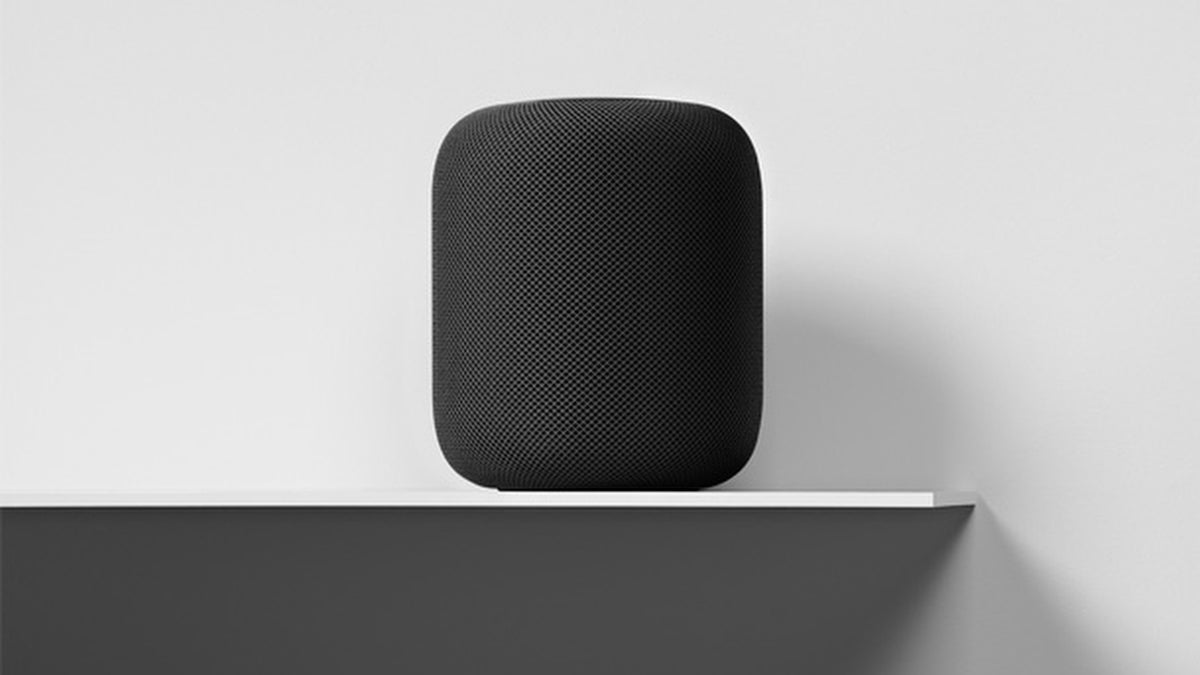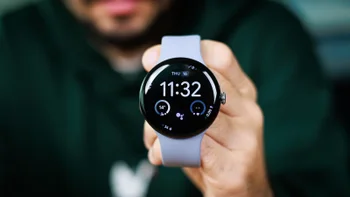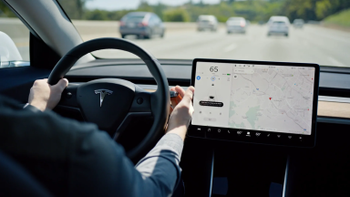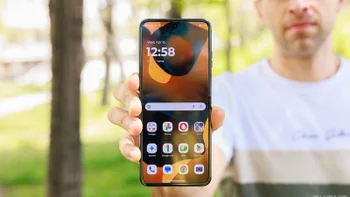Apple HomePod quietly moves from iOS to tvOS after recent update

Apple's HomePod smart speaker didn't enjoy adoption at the rates of Amazon's Echo or Google Home, mainly due to lacking in functionality and an initial price of $349 (now $299), but it still offered one major thing the alternatives couldn't hold up to.
In our hands-on review of the HomePod, we found its audio performance undeniably powerful, rich and sharp, crushing the competition in that department.
Now, it would appear that Apple's smart speaker has quietly been switched to running tvOS, from iOS. This was discovered by 9to5Mac via analyzing the HomePod's latest available firmware.
Although at its core, it's essentially the same software, namely iOS, each variation, such as watchOS, tvOS, iPadOS, features exclusive tweaks to support the device they're meant for. Most noticeably, they have minor or major interface differences, with a lot more changes in the background.
It's noted by 9to5Mac that iOS is designed for devices running on an internal battery, rather than being always plugged in like the Apple TV or HomePod are, for example. Both Apple TV and HomePod operate as a home hub for HomeKit, being devices meant to always stay plugged in and at home, and sharing tvOS code between the two is likely saving Apple additional work.
The firmware change may also be meant to adopt new functionality that could be present on a future device. Apple is reportedly going to release a cheaper, smaller HomePod later in 2020, in an attempt to compete with Amazon and Google more directly.
The Cupertino company is also working towards including additional music services, with Apple Music initially being exclusive to the HomePod. Siri improvements are also expected, with a focus on increasing its smart home functionality.
Earlier this year, Apple quietly acquired an AI firm that specializes in on-device AI technology, meaning that machine learning and image recognition features, among others, can be feasible without the need for connecting to the internet. We're yet to see whether that move was made in an effort to improve Siri across all devices, including HomePod.
Now, it would appear that Apple's smart speaker has quietly been switched to running tvOS, from iOS. This was discovered by 9to5Mac via analyzing the HomePod's latest available firmware.
It's noted by 9to5Mac that iOS is designed for devices running on an internal battery, rather than being always plugged in like the Apple TV or HomePod are, for example. Both Apple TV and HomePod operate as a home hub for HomeKit, being devices meant to always stay plugged in and at home, and sharing tvOS code between the two is likely saving Apple additional work.
The Cupertino company is also working towards including additional music services, with Apple Music initially being exclusive to the HomePod. Siri improvements are also expected, with a focus on increasing its smart home functionality.
Earlier this year, Apple quietly acquired an AI firm that specializes in on-device AI technology, meaning that machine learning and image recognition features, among others, can be feasible without the need for connecting to the internet. We're yet to see whether that move was made in an effort to improve Siri across all devices, including HomePod.
Follow us on Google News













Things that are NOT allowed:
To help keep our community safe and free from spam, we apply temporary limits to newly created accounts: